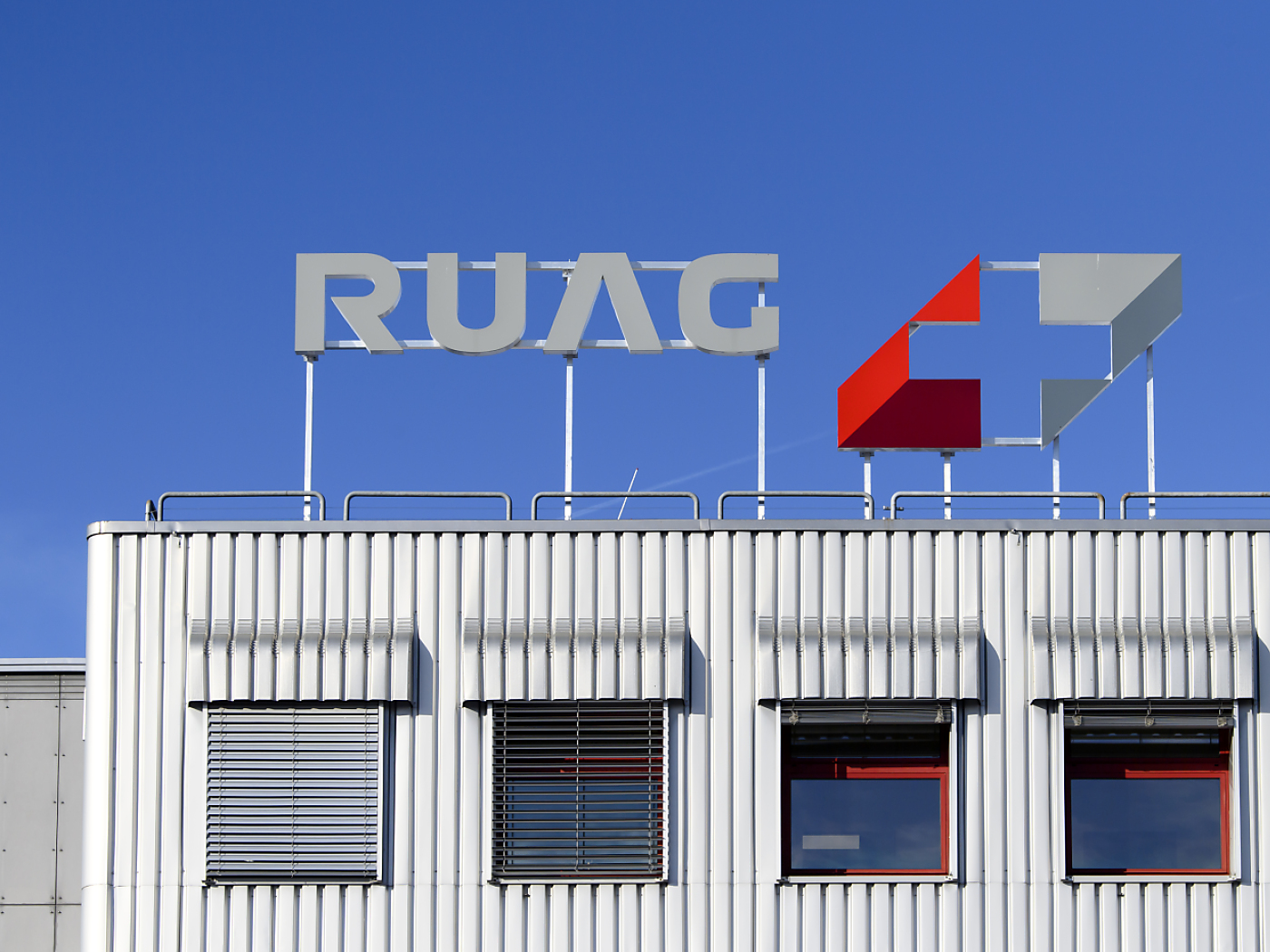Leuthard pushes for trade accord with China

Swiss President Doris Leuthard is leading a high-ranking business delegation to China with a view to consolidating economic relations between the two countries.
First stop on the five-day trip was Chongqing, a city with more than 30 million inhabitants considered the gate to western China.
Hundreds of police cleared the 20 kilometres from the airport to the city centre. Every crossroads, car park and petrol station had been secured for the Swiss visitors – an indication of the region’s resources.
“Chongqing is one of China’s five large economic centres,” Leuthard told swissinfo.ch on Tuesday.
“It’s an up-and-coming centre that will be involved in investment not only along the coast but also in the middle of the country.”
The west of this giant country of 1.33 billion people has been neglected for decades: the western provinces make up 69 per cent of the country’s area and contain 29 per cent of the population, but are responsible for only 19 per cent of gross domestic product and only four per cent of both exports and imports.
Go West
In the meantime, coastal regions such as Shenzhen, Tianjin, Shanghai and Beijing have grown inexorably every year and are now China’s most developed regions.
That is where the Chinese government initiated in 1999 its so-called “Go West strategy”, with the explicit aim of promoting these regions, in particular the construction of infrastructure and transport routes.
On Tuesday Leuthard and 30 businesspeople visited Chongqing, whose Swiss community reaches the grand total of five.
She said it could be attractive for Swiss firms to invest in the region “because obviously the cost of living and of wages is a lot lower – and that means there’s definitely great potential here”.
Leuthard , who is also the Swiss economics minister, said it was legitimate to build on low wages. “There are of course great wage differences in China, but between cantons Valais and Zurich there’s a pretty big wage difference. That’s reality.”
Potential
A highly prosperous future for Chongqing is also seen by Johann Schneider-Ammann, a businessman and parliamentarian for the centre-right Radical Party.
“There’s a take-over potential that is much, much bigger than we find in Europe for example,” said the president of Swissmem, the umbrella body of the Swiss electrical and machinery manufacturing sector.
“From that point of view, it’s a region of the future. It’s attractive. I could certainly imagine a few businesses seriously considering doing business here.”
On Tuesday a memorandum of understanding was signed by Chongqing’s foreign trade commission and the Swiss Business Federation, economiesuisse, which gave Swiss backing to the Go West strategy.
On a bilateral level, progress should be made by a possible free-trade agreement and investment.
Gerold Bührer, president of economiesuisse and one of the signatories, also believes in Chongqing.
“I’m sure this region will grow at an above-average rate,” he told swissinfo.ch.
Relationship
The highlight of the visit’s first day was a meeting and dinner with Chongqing’s former trade minister and current Communist Party secretary for the region, Bo Xilai.
Bo and Leuthard had previously met in China in 2007, when they signed a free-trade accord between their two countries.
“In this respect he’s a supporter of Switzerland when it comes to closer economic relations,” she said.
“He was then moved to this region with the task of developing it. For us he’s an important man, also in the Party hierarchy. And therefore we want to continue nurturing this relationship.”
The regional free-trade agreement is currently undergoing a feasibility study. Leuthard hopes to be able to present it, signed, when she meets President Hu Jintao in Beijing on Friday.
Christian Raaflaub in Chongqing, swissinfo.ch (Translated from German by Thomas Stephens)
Switzerland recognised the newly established People’s Republic of China on January 17, 1950, one of the first Western states to do so. It simultaneously withdrew recognition from the Republic of China (Taiwan).
Contacts with the People’s Republic were not initially close, owing to internal turmoil in China and the Cold War. The People’s Republic made its first appearance on the international stage when Chinese premier Chou En-lai took part in the Indochina Conference in Geneva in 1954.
Bilateral relations between Switzerland and China have developed at a brisk pace since Deng Xiaoping launched his policy of liberalisation and reform in 1979.
There are currently 3,297 Swiss living in China. Around 300 Swiss firms are active.
Since 2002 China, including Hong Kong, has been Switzerland’s most important trade partner in Asia. Swiss exports total SFr6.11 billion, Swiss imports SFr4.99 billion.
China is Switzerland third most important supplier, behind the EU and the US.
China’s population of 1.33 billion is increasingly important for Swiss tourism.

In compliance with the JTI standards
More: SWI swissinfo.ch certified by the Journalism Trust Initiative














You can find an overview of ongoing debates with our journalists here . Please join us!
If you want to start a conversation about a topic raised in this article or want to report factual errors, email us at english@swissinfo.ch.